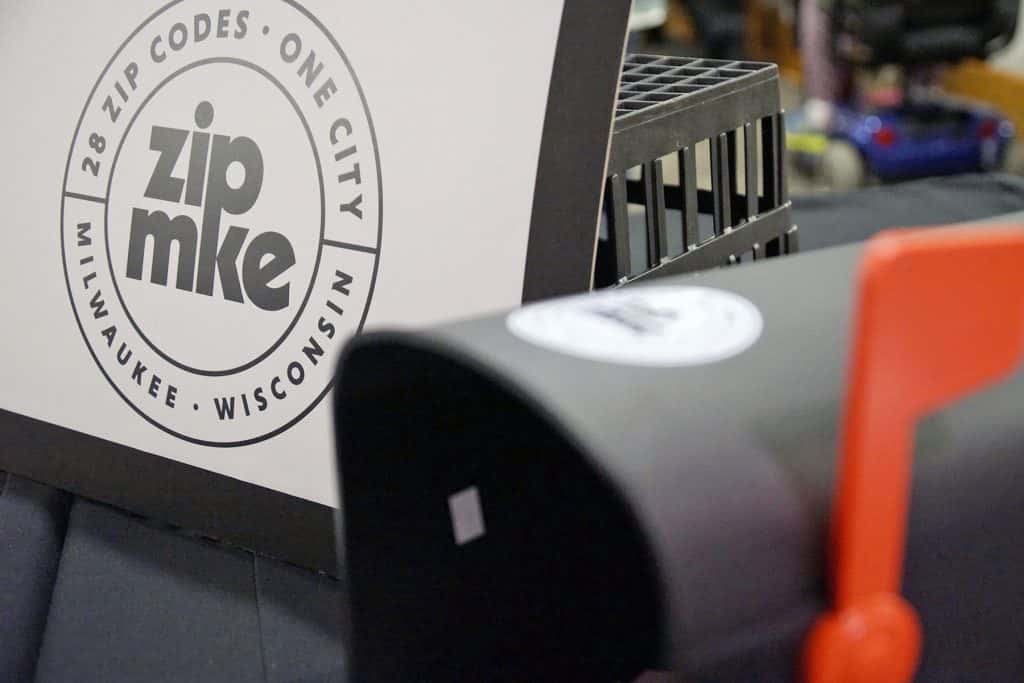Federal proposals under consideration to regulate Facebook
For years, Congress and federal regulators have allowed the world’s largest social network to police itself — with disastrous results. Here are four promising reforms under discussion in Washington. A recent gathering in a Washington DC ballroom for an annual “tech prom,” hundreds of tech industry lobbyists and policy makers applauded politely as announcers read out the names of the event’s sponsors. But the room fell silent when “Facebook” was proclaimed — and the silence was punctuated by scattered boos and groans. These days, it seems the only bipartisan agreement in Washington is to hate Facebook. Democrats blame the...
Read More















